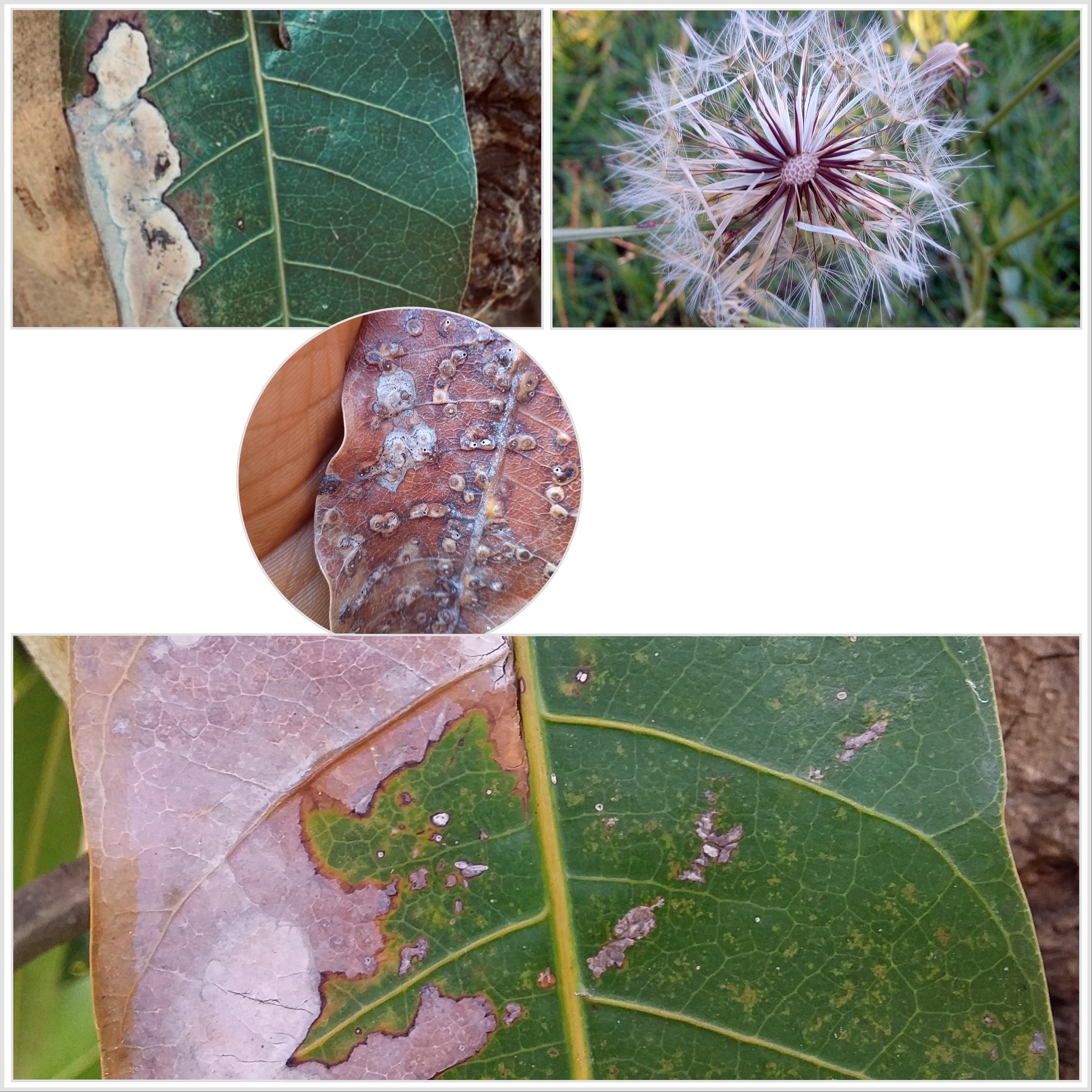Finding a voice: Art therapy as a path to disclosure – a South African perspective
Main Article Content
Keywords
Art therapy, CSA, disclosure, South Africa
Abstract
This article examines the use of art therapy for facilitating disclosure among those who have experienced childhood sexual abuse (CSA) in South Africa. Disclosure of CSA is a difficult and complex process, and traditional therapeutic approaches are not always effective. Traditional talk therapy approaches in South Africa are often hampered by cultural barriers, a lack of knowledge and resources, and a tendency to view disclosure as a once-off event rather than a process. Art therapy can provide a safe and non-threatening space for survivors to express their emotions, communicate their experiences, and process the complex feelings associated with CSA. This study sheds light on the mechanisms of change in art therapy and is a valuable resource for mental health professionals working with survivors of CSA and researchers interested in the potential of art therapy as a therapeutic intervention. This article argues that art therapy can be a powerful tool to help CSA survivors find their voice to disclose and initiate the healing process.
Article Metrics Graph
References
Collings, S.J., Griffiths, S. & Kumalo, M. (2005). Patterns of disclosure in child sexual abuse. South African Journal of Psychology, 35(2), 270-285. https://doi.org/10.1177/008124630503500207
de Witte M., Orkibi H., Zarate R., Karkou V., Sajnani N., Malhotra B., Ho, R.T.H., Kaimal G., Baker F.A. & Koch S.C. (2021). From therapeutic factors to mechanisms of change in the creative arts therapies: A scoping review. Frontiers of Psychology, 12, 678397. https://doi.org/10.3389/fpsyg.2021.678397
Devries, K.M. & Meinck, F. (2018). Sexual violence against children and adolescents in South Africa: Making the invisible visible. Lancet Global Health, 6(4), e367-e368. http://doi.org/10.3389/fpsyg.2021.678397
Fontes, L.A. & Plummer, C. (2010). Cultural issues in disclosures of child sexual abuse. Journal of Child Sexual Abuse, 19(5), 491-518. https://doi.org/10.1080/10538712.2010.512520
Fouché, A. (2007). Facilitating disclosure of child sexual abuse victims in the middle childhood: A forensic interview protocol for social workers (Doctoral dissertation, University of Pretoria).
Fybish, L. (2019). The use of art therapy in work with adult survivors of CSA trauma: A thematic analysis. Master’s thesis. Auckland University of Technology.
Kool, R. & Lawver, T. (2010). Play therapy: Considerations and applications for the practitioner. Psychiatry (Edgmont), 7(10), 19.
Landberg, Å., Svedin, C.G. & Jonsson, L.S. (2022). Patterns of disclosure and perceived societal responses after child sexual abuse. Child Abuse & Neglect, 134, 105914. https://doi.org/10.1016/j.chiabu.2022.105914
Laird, L. & Mulvihill, N. (2022). Assessing the extent to which art therapy can be used with victims of CSA: A thematic analysis of published studies. Journal of Child Sexual Abuse, 31(1), 105-126. http://doi.org/10.1080/10538712.2021.1918308
Lev-Wiesel, R. (2008). Child sexual abuse: A critical review of intervention and treatment modalities. Children and Youth Services Review, 30(6), 665-673. https://doi.org/10.1016/j.childyouth.2008.01.008
Manana, G. (2020). Art therapy interventions in healing relational trauma from separation and rejection with children and adolescents in South Africa. Honours research report. University of Johannesburg
Manay, N. & Collin-Vézina, D. (2021). Recipients of children’s and adolescents’ disclosures of CSA: A systematic review. Child Abuse & Neglect, 116, 104192. https://doi.org/10.1016/j.chiabu.2019.104192
Mathews, B. (2019). A taxonomy of duties to report child sexual abuse: Legal developments offer new ways to facilitate disclosure. Child Abuse & Neglect, 88, 337-347. https://doi.org/10.1016/j.chiabu.2018.12.003
Mathews, S., Hendricks, N. & Abrahams, N. (2016). A psychosocial understanding of child sexual abuse disclosure among female children in South Africa. Journal of Child Sexual Abuse, 25(6), 636-654. https://doi.org/10.1080/10538712.2016.1199078
Meinck, F., Cluver, L., Loening-Voysey, H., Bray, R., Doubt, J., Casale, M. & Sherr, L. (2017). Disclosure of physical, emotional and sexual child abuse, help-seeking and access to abuse response services in two South African provinces. Psychology, Health & Medicine, 22(sup1), 94-106. https://doi.org/10.1080/13548506.2016.1271950
Ozor, C.O. (2022). Non-disclosure of child sexual abuse: The lived experience of victims in South Africa (Doctoral dissertation, Walden University).
Ramphabana, L.B., Rapholo, S.F. & Makhubele, J.C. (2019). The influence of familial factors towards the disclosure of child sexual abuse amongst Vhavenda tribe. Indilinga African Journal of Indigenous Knowledge Systems, 18(2), 173-188.
Sebelo, O. (2021). Experiences of male adult survivors of child sexual abuse at, Ga-Matlala, Limpopo province (Doctoral dissertation. University of South Africa).
Selengia, V., Thuy, H.N.T. & Mushi, D. (2020). Prevalence and patterns of child sexual abuse in selected countries of Asia and Africa: A review of literature. Open Journal of Social Sciences, 8(9), 146-160. https://doi.org/10.4236/jss.2020.89010
Ward, C.L., Artz, L., Leoschut, L., Kassanjee, R. & Burton, P. (2018). Sexual violence against children in South Africa: A nationally representative cross-sectional study of prevalence and correlates. Lancet Global Health, 6(4), e460-e468. https://doi.org/10.1016/S2214-109X(18)30060-3






